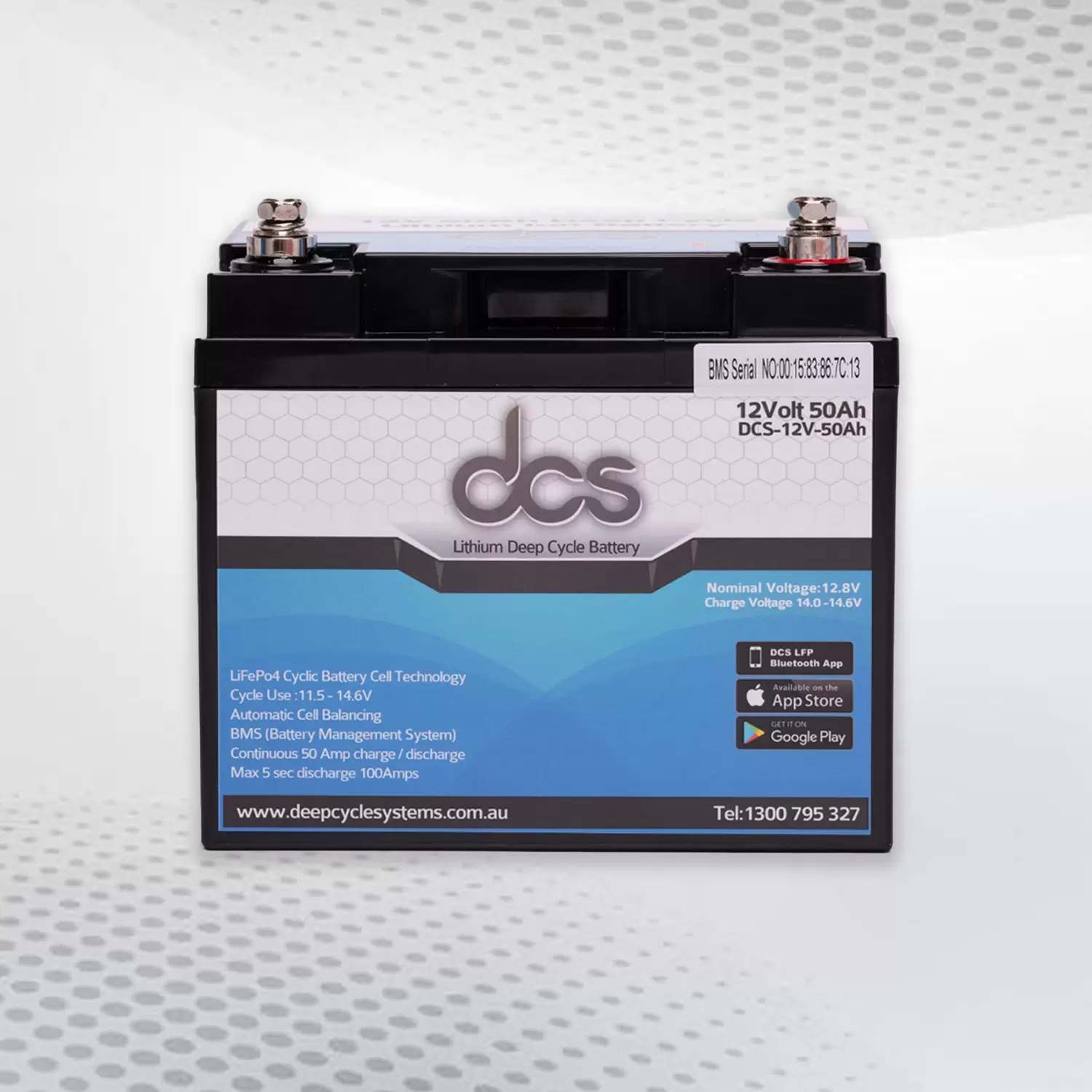Are you tired of constantly worrying about battery life during outdoor adventures or powering essential devices at home? If so, it’s time to discover the powerhouse that is the 120Ah battery! Whether you’re an avid camper, a boater seeking reliable energy on the water, or a robust backup solution for your household needs, this versatile battery could be a game changer. In this blog post, we’ll dive deep into why a 120-Ah battery might be the perfect fit for you—unpacking its advantages and illuminating how it can enhance your lifestyle and peace of mind. Get ready to power up confidently as we explore all these remarkable batteries have to offer!
Introduction to 120-Ah Batteries
When it comes to power storage, selecting the correct battery can make all the difference. Among a sea of options, the 120-Ah battery stands out as a powerhouse that easily meets diverse energy needs. But what exactly makes this battery so unique? Whether you’re an outdoor enthusiast, a business owner reliant on backup power, or someone looking for reliable energy solutions at home, understanding the advantages of a 120-Ah battery could change your approach to power management.
Join us as we delve into its benefits and discover why you should consider making this investment for your specific requirements. Let’s explore how a 120-Ah battery could be the game-changer you’ve been searching for!
What is a 120-Ah Battery?
A 120-Ah battery, or a 120 amp-hour battery, is designed to store and deliver energy efficiently. The “Ah” stands for amp-hours, which measures how much electricity the battery can provide over time.
In practical terms, a 120-Ah battery can supply one amp of current for 120 hours or two amps for 60 hours, making it a robust choice for various applications. These batteries come in different types, with lead-acid, lithium-ion, and AGM being popular options. Each type has unique characteristics that affect performance and longevity.
Understanding your power requirements helps you choose the correct battery capacity. A dependable option like this ensures your devices run smoothly without interruptions during crucial moments. Whether powering recreational vehicles or backup systems, its versatility shines through.
Advantages of using a 120-Ah Battery
A 120-Ah battery offers significant benefits, making it a popular choice for many users. One of the most notable advantages is its longer-lasting power. With higher capacity, these batteries can run devices and systems for extended periods before recharging.
Another key factor is reliability. A 120-Ah battery provides consistent performance, even under demanding conditions, making it ideal for applications where dependability is critical.
This type of battery also stands out for its versatility. It suits various uses—from powering recreational vehicles to supporting renewable energy systems—allowing you to meet diverse needs without frequently switching batteries.
Cost-effectiveness adds to its appeal. While the initial investment may be higher than smaller options, longevity and efficiency mean fewer replacements over time, resulting in significant savings.
– Longer Lasting Power
One of the standout features of a 120-Ah battery is its ability to provide longer-lasting power. This capacity means it can store more energy, making it ideal for extended usage without frequent recharges. Imagine relying on your battery during long camping trips or powering essential tools while off-grid. With a higher amp-hour rating, you won’t have to worry about running out of juice mid-activity.
– More Reliable Performance
Reliability is key in power sources, especially in critical situations. A 120-Ah battery shines due to its robust design and dependable output. These batteries are engineered for consistent performance. They can handle various loads without faltering, providing peace of mind whether you’re powering a recreational vehicle or backup systems during emergencies.
– Suitable for Various Applications
A 120-Ah battery shines in its versatility, making it a favourite among various users. Whether you’re powering an RV, boat, or solar energy system, this battery easily meets diverse energy needs. For outdoor enthusiasts, the reliability of a 120-Ah battery is unmatched. Campers can run lights and appliances without worry during long trips away from civilization. These batteries provide essential backup power for tools and equipment in commercial settings. They support uninterrupted operations on job sites where reliable electricity isn’t always available.
– Cost-Effective Option
When considering battery options, cost is a significant factor. A 120-Ah battery stands out as an economical choice for many users. Its capacity means more energy storage without investing in multiple smaller batteries. Over time, the initial investment pays off. With longer-lasting power, you won’t need frequent replacements or additional purchases. This durability translates into savings on both maintenance and operational costs.
How to Choose the Right 120-Ah Battery?
Choosing the correct 120-Ah battery starts with understanding your power needs. Assess what devices or systems you plan to run. Knowing the total wattage can help determine if a 120-Ah battery suits your requirements.
Quality matters, so look for well-known brands that offer robust warranties. Durability is key; you want a battery that withstands various conditions and lasts through charging and discharging cycles.
Compatibility is crucial, too. Ensure the battery works seamlessly with your existing equipment, whether an RV, solar setup or backup power system. Double-checking specifications can save time and reduce future issues. Lastly, don’t overlook customer reviews. They provide real-world insights into performance and reliability from users who have already purchased a 120-Ah battery.
Tips for Maintaining Your 120ah Lithium Battery
Regular checks are essential to keep your 120ah lithium battery [u1] running smoothly. Start with a visual inspection. Look for any signs of corrosion or leaks.
Keep the terminals clean and tight. A little buildup can hinder performance. To remove corrosion gently, use a mixture of baking soda and water. Temperature plays a vital role in battery health. Store it in a cool, dry place away from direct sunlight. Extreme heat or cold can significantly affect its lifespan.
Charge it properly by using compatible chargers only. Overcharging or undercharging can lead to premature wear. Lastly, consider periodic testing with a multimeter to monitor its voltage levels. This helps identify potential issues before they escalate into significant problems.
Real-Life Examples: Case Studies of Businesses/Individuals Who Have Benefited from Using a 120-Ah Battery
A small food truck in Austin, Texas, switched to a 120-Ah battery to power its refrigeration units. This change allowed the owners to serve fresh ingredients without worrying about energy interruptions during busy festivals.
On a different note, a local contractor outfitted his tools with 120-Ah batteries for remote job sites. He noticed significant improvements in productivity as he no longer had to pause to recharge numerous times throughout the day.
An avid camper shared that upgrading to a 120-Ah battery transformed their outdoor experience. They could enjoy extended trips off-grid without sacrificing comfort with reliable energy for lights and appliances.
Even in agriculture, farmers have adopted these batteries for solar-powered irrigation systems. They’ve reported lower operational costs while ensuring crops receive consistent watering during dry spells. These examples showcase the versatility and benefits of integrating 120-Ah batteries into everyday operations or adventures.
Alternative Options to Consider
Several options come to mind when exploring alternatives to a 120-Ah battery. Lithium-ion batteries are gaining popularity due to their lightweight design and impressive energy density. They can offer longer lifespans compared to traditional lead-acid models.
Another choice is the AGM (Absorbent Glass Mat) battery. These sealed units provide excellent power without maintenance hassles, and their spill-proof feature makes them ideal for various environments. If you’re focused on eco-friendliness, consider solar batteries explicitly designed for renewable systems. They harness solar energy effectively, making them suitable for off-grid living or hybrid setups.
For smaller applications, 100-Ah or even 75-Ah batteries might suffice without significantly compromising performance. Assess your specific needs before deciding. Each alternative has its own set of pros and cons, catering to different requirements and preferences in power solutions.
Conclusion
When considering whether a 120Ah battery is the right choice, weighing its advantages against your specific needs is essential. These batteries offer a blend of longevity and reliability that can significantly enhance your power supply, whether you’re powering an RV, boat, or solar setup. Their versatility allows them to adapt to various applications, making them suitable for personal and commercial use. Cost-effectiveness also plays a crucial role in decision-making. A 120-Ah battery could save you money in the long run due to fewer replacements and maintenance requirements. However, it’s vital to assess your unique power demands before committing.
FAQs
1. What does the “Ah” in 120Ah battery stand for?
The “Ah” stands for Ampere-hour, a unit of measurement used to determine a battery’s capacity. In simple terms, it measures how much current a battery can supply over some time. Therefore, a 120-Ah battery can supply 120 amperes of current for one hour.
2. How long will a fully charged 120-Ah battery last?
The duration of a fully charged 120-Ah battery will depend on various factors, such as the type and number of devices connected to it and the amount of power these devices require. Generally, a fully charged 120-Ah battery can last six hours to several days.
3. Can I use a 12V charger to charge my 120-Ah battery?
Yes, you can use a standard 12V charger to charge your 120-Ah battery; however, it may take longer than using a higher-voltage charger. For faster charging times, it is recommended to use at least an 18V or higher charger.
| Related Business Listings |
| Contact Directory |
| Local Business Profiles |




